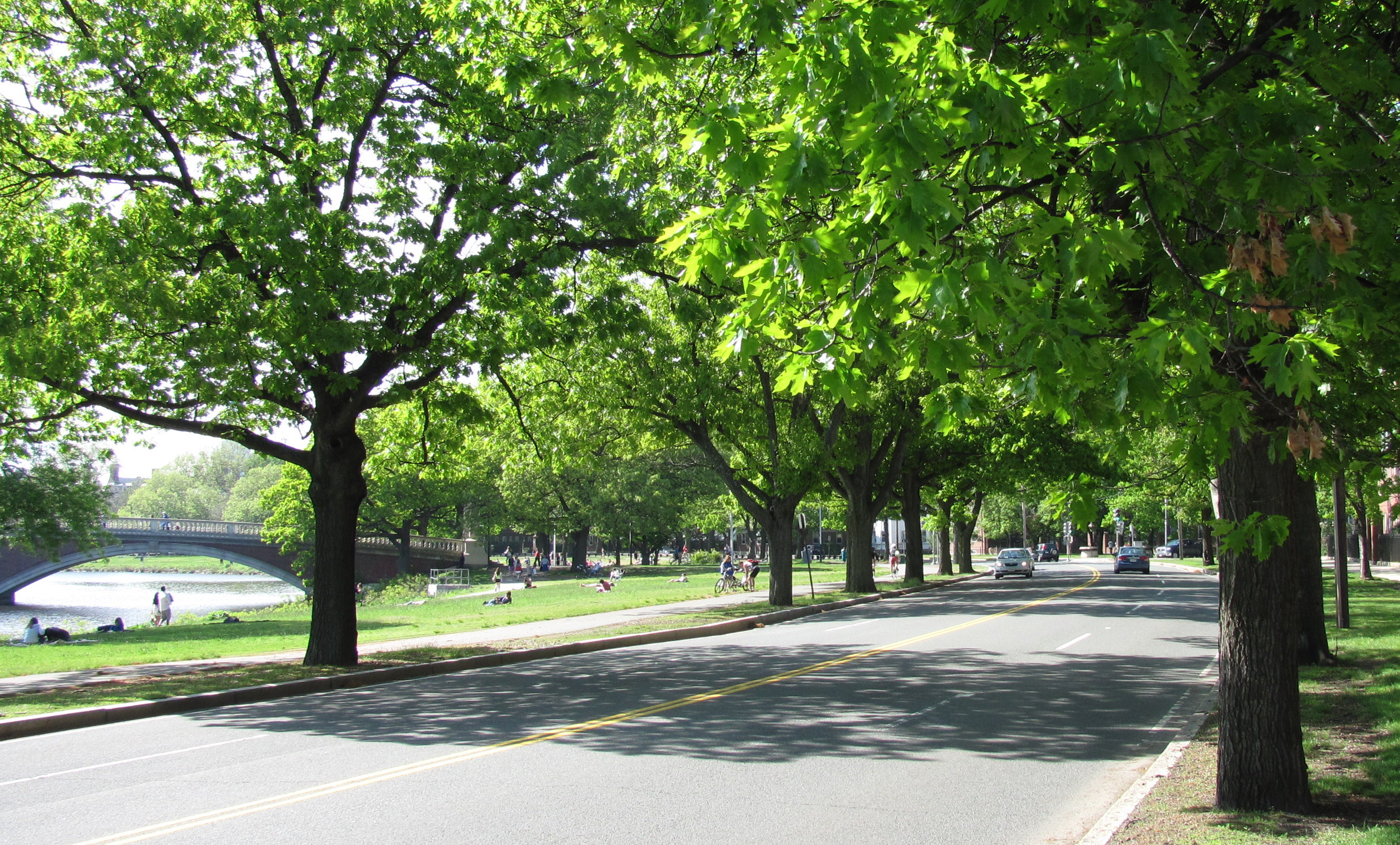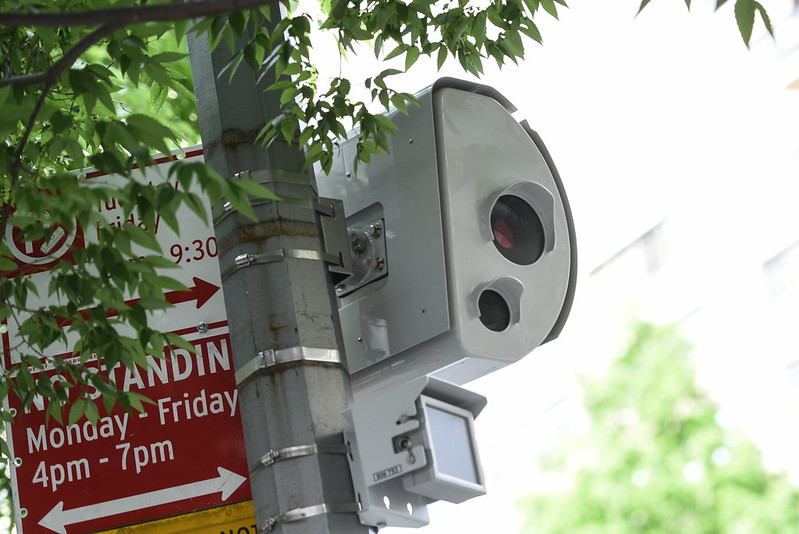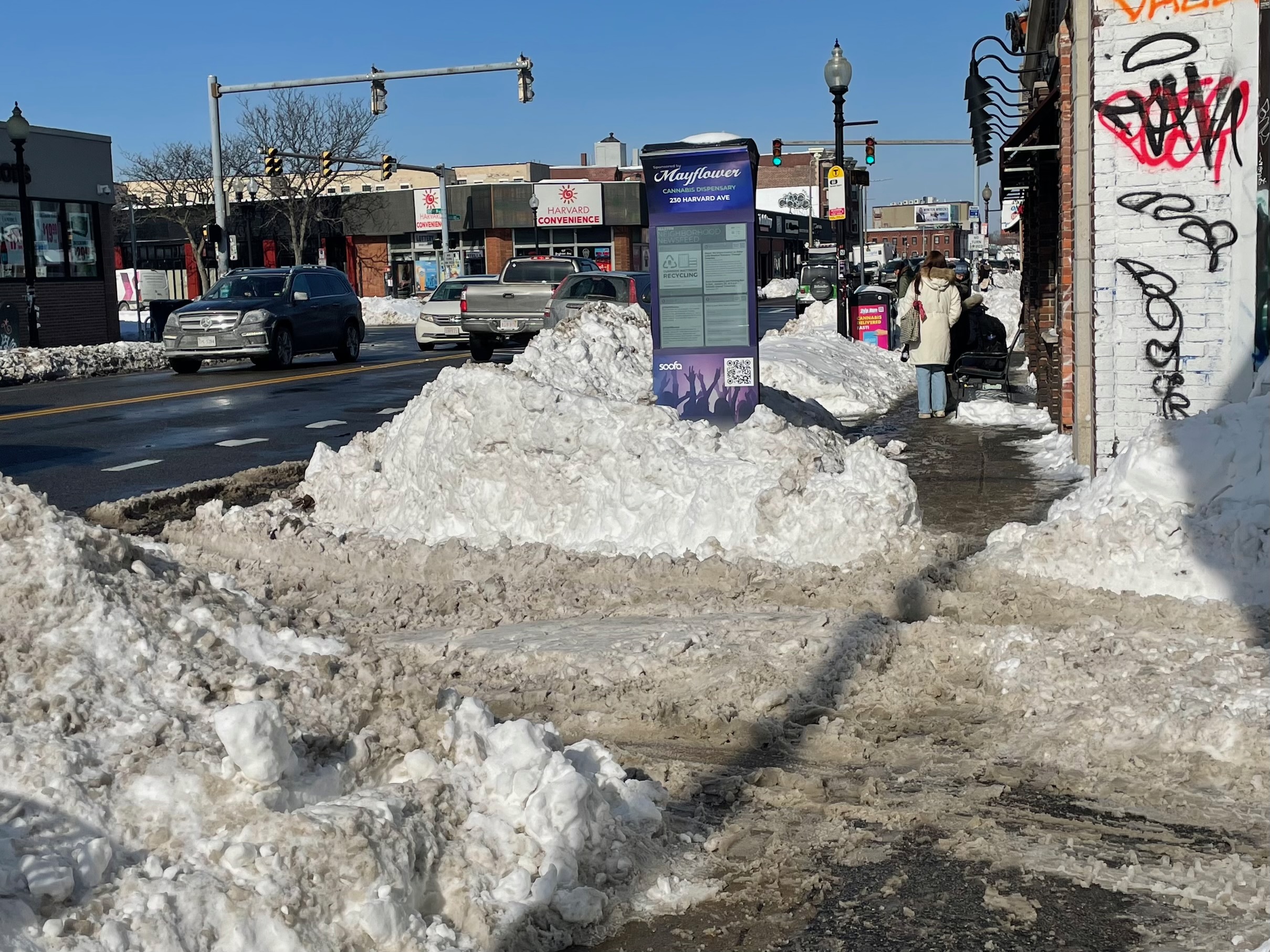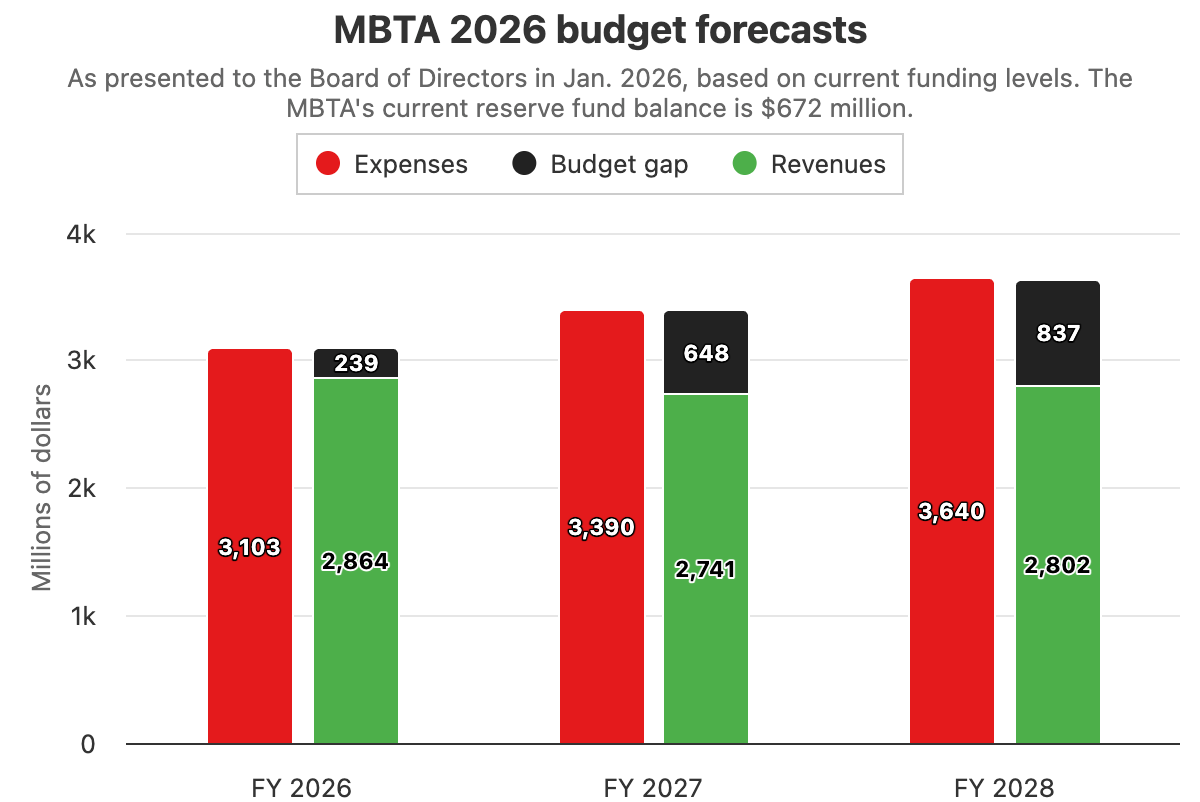There won’t be any changes in the operating hours of Cambridge’s popular car-free weekends on Memorial Drive, even though the state Department of Conservation and Recreation (DCR) gave its fans a scare last week when it unexpectedly announced that it was planning to let car traffic back in on Saturdays.
Such incredibly disappointing news. We'll be advocate to keep memorial day open both days! pic.twitter.com/9TKbHpbMXz
— Burhan Azeem, Cambridge City Councillor (@realBurhanAzeem) August 10, 2022
In 1985, the Massachusetts Legislature passed a law that requires DCR to keep automobile traffic out of Memorial Drive between Gerry’s Landing Road and Western Avenue every Sunday, from the end of April until mid-November – turning Memorial Drive into “Riverbend Park.”
In the spring of 2020, the Cambridge City Council asked DCR to close the area on Saturdays as well as a way to increase outdoor space with adequate social distancing during the pandemic.
The car-free events offer people direct access not only to the street itself, but also to the riverfront and its surrounding parklands from 11a.m. - 7 p.m. on Saturday and Sunday.
Residents and visitors use this space to ride their bikes, walk their dogs, or simply enjoy some sun rays while being in community among their neighbors.
This isn’t the first time this year there’s been uncertainty over how many days Riverbend Park would be opened up for pedestrians and bicyclists. While many benefit and support the weekend closures, others say it negatively impacts their life.
In May of this year, Cambridge City Council reviewed a policy order to discuss resident concerns over “new traffic congestion that is being redirected down Banks Street, Flagg Street, Putnam Avenue and other area side streets,” which some residents say adds too much time to their commutes.
Another concern listed in the policy order was how “Memorial Drive remains closed overnight Saturday in spite of the fact that Riverbend Park closes to pedestrians at 7pm on Saturday.”
Cambridge Bicycle Safety, a group of Cambridge residents who advocate for bicycle safety, has been at the forefront of the debate over the parkland. In response to the policy order back in May the group gathered 2,200 signatures to support keeping Memorial Drive closed on both Saturday and Sunday. Last week, the advocacy group launched another petition in support of the full-weekend closure to motor vehicles, and encouraged other supporters to contact their state representatives.
In the midst of the back and forth about keeping Memorial Drive/Riverbend Park closed to traffic on Saturdays between Gerry’s Landing Road to Western Avenue, several other efforts are underway to make this road more pedestrian friendly.
This June DCR held a public meeting for Phase 3 of Memorial Drive, a 1.5 mile road diet between Anderson and Eliot Bridge. This stretch overlaps with the western half of the Memorial Drive section that is currently closed off during weekends. Some of the design elements include:
- 10-foot-wide multi use path
- 5-foot-wide aggregate path
- Two new pedestrian/bike crossings
- Stormwater improvements
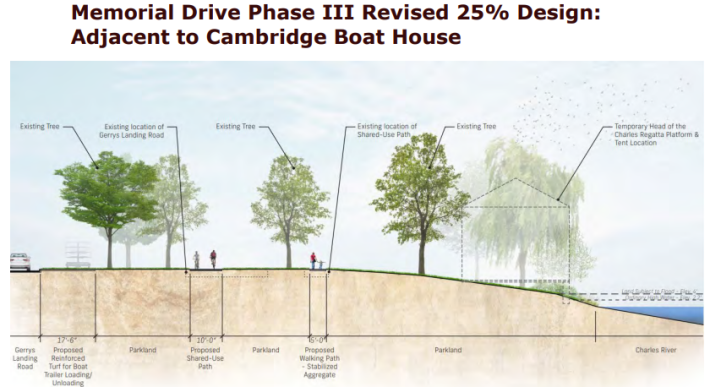
Also in June of this year, the Cambridge City Council requested that the City Manager work with DCR to pilot an eastward expansion of the car-free Memorial Drive events between Amesbury Street and Land Boulevard near MIT over the course of one or more weekends during the summer and fall of 2022.

Last Friday, two days after DCR first announced its intention to scale back the car-free Memorial Drive events to Sundays only, the agency released a statement to walk back its earlier decision:
@MassDCR has issued the following traffic advisory for Riverbend Park/Memorial Drive in the City of Cambridge: pic.twitter.com/ZvDDFsURti
— MassDCR (@MassDCR) August 12, 2022
The notice incorrectly showed an 11:00 a.m. Saturday start time, which the agency quickly corrected to 8:00 a.m. a few hours later.
DCR will host a public meeting in September after Labor Day to gather more community feedback about the weekend closures.

“I do have lots of respect for the way they (DCR) handled this once they realized they made a mistake,” Burhan Azeem, Cambridge City Councilor and chair of the city’s Transportation and Public Utilities Committee, told StreetsblogMASS in a phone call on Wednesday. “Mistakes happen and I would give them a lot of grace in this case.”
He said he welcomes the September meeting and feels it’ll be a good opportunity to explore how the experience can be improved.
“Everyone will be allowed to say their piece and they’ll (DCR) see if they can make any adjustments to make it better. I think it's a very helpful meeting – hopefully we’ll get some improvements to the way traffic flows, how signaling works, and things like that.”
Specific time and location details for the public meeting are yet to be announced.
